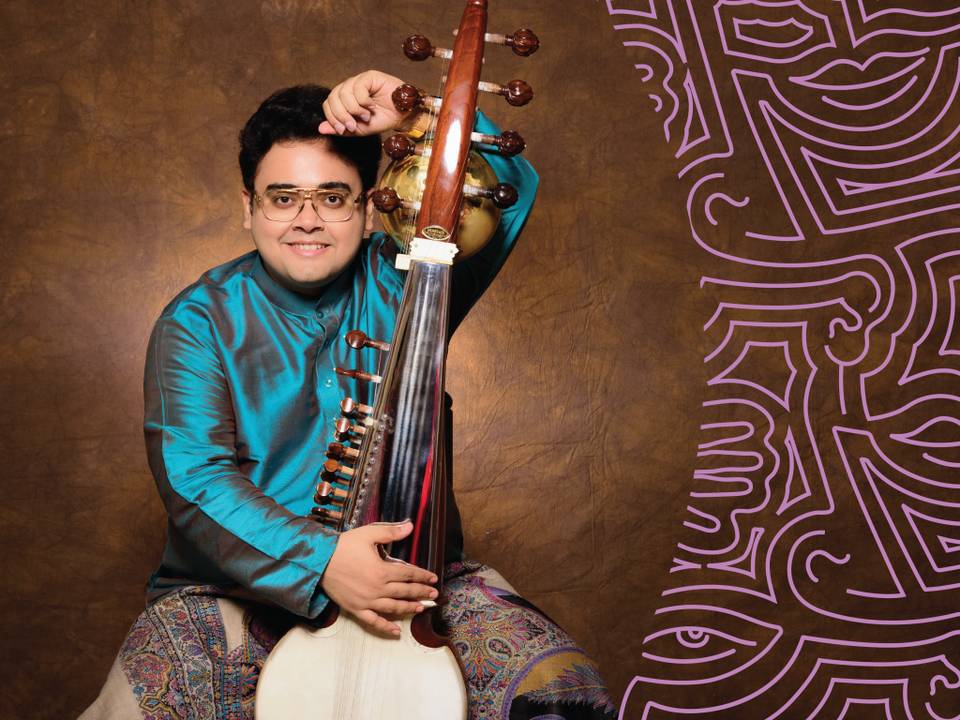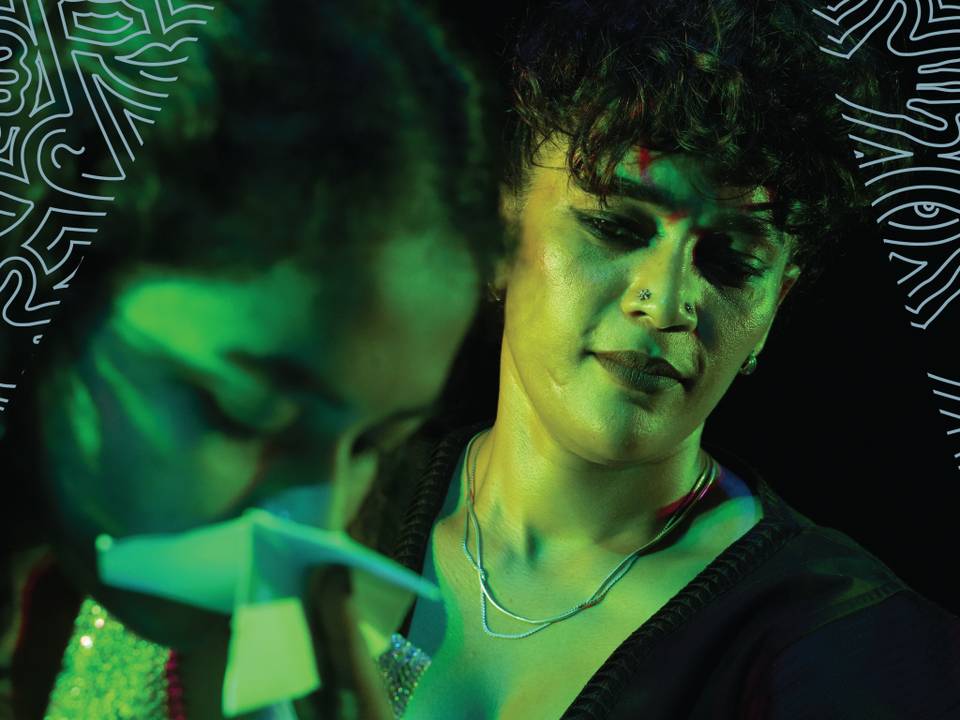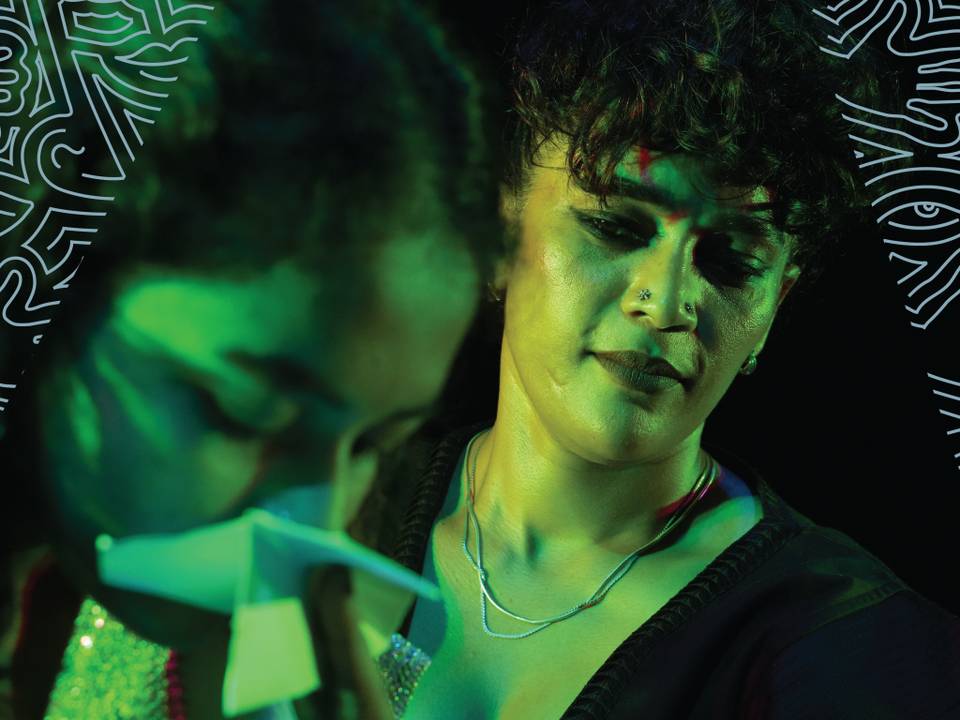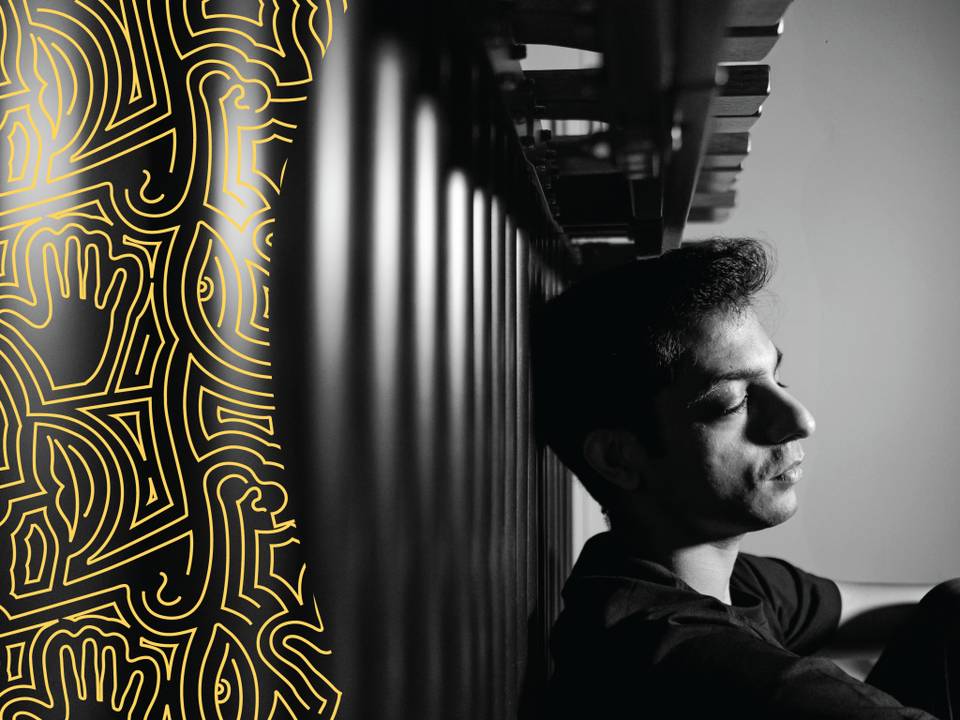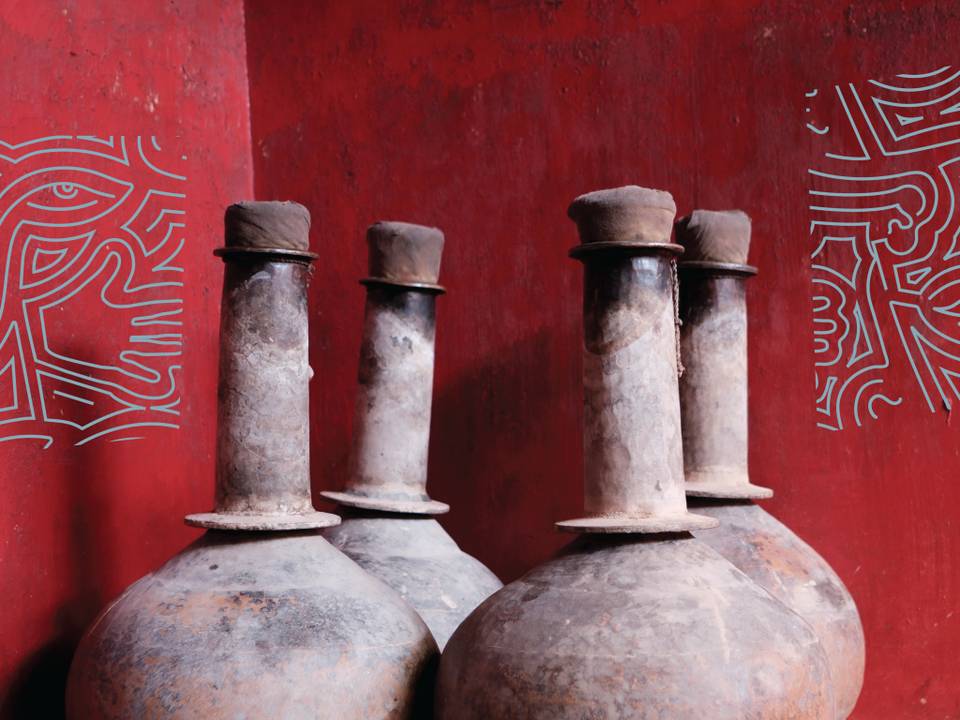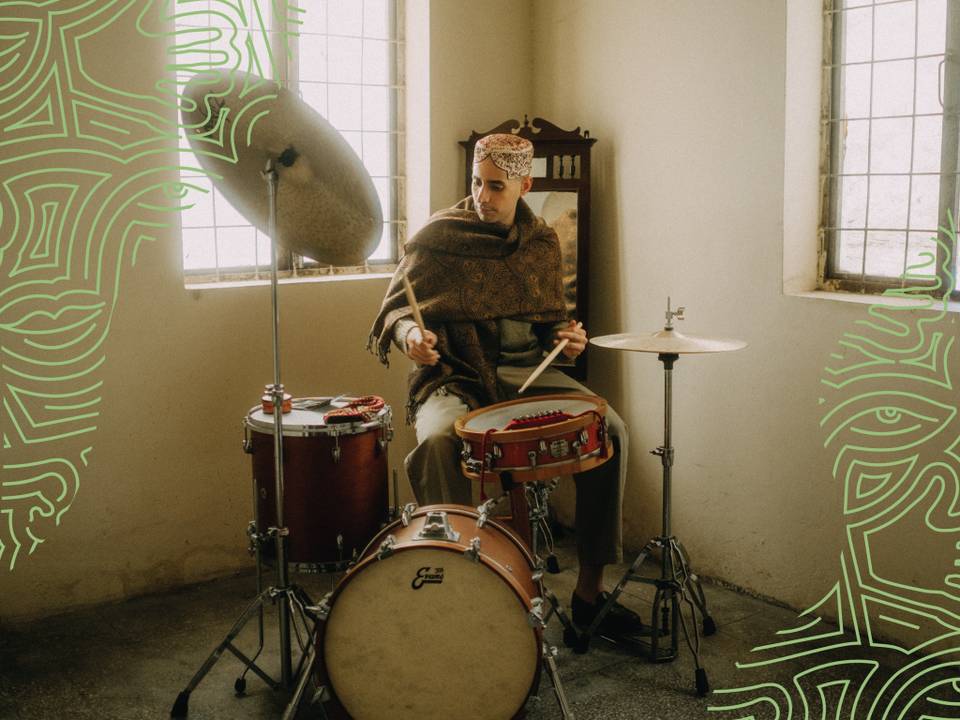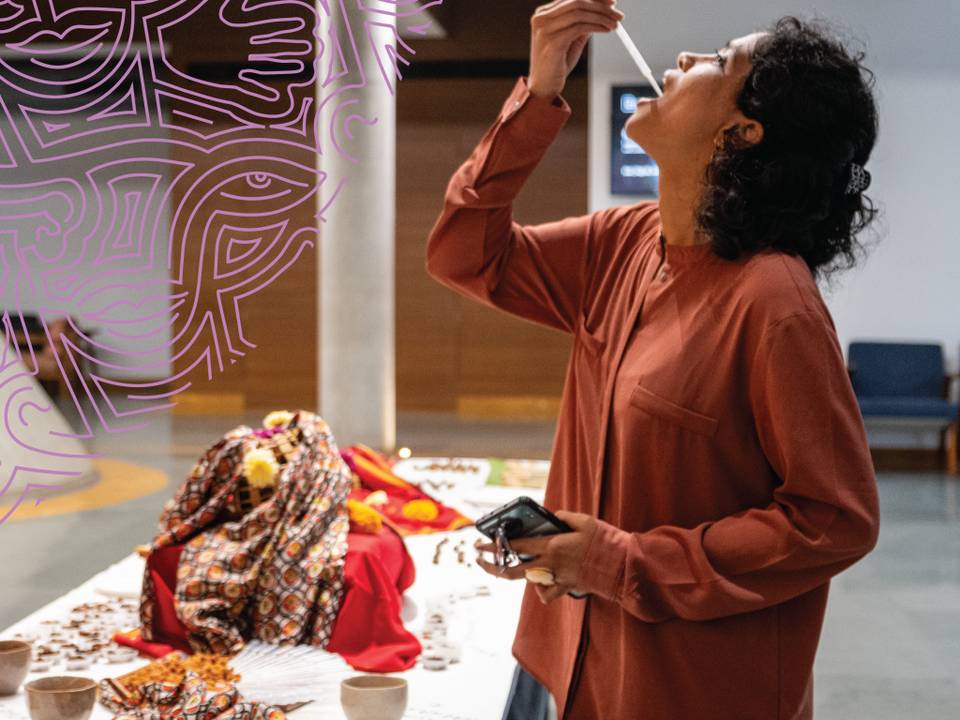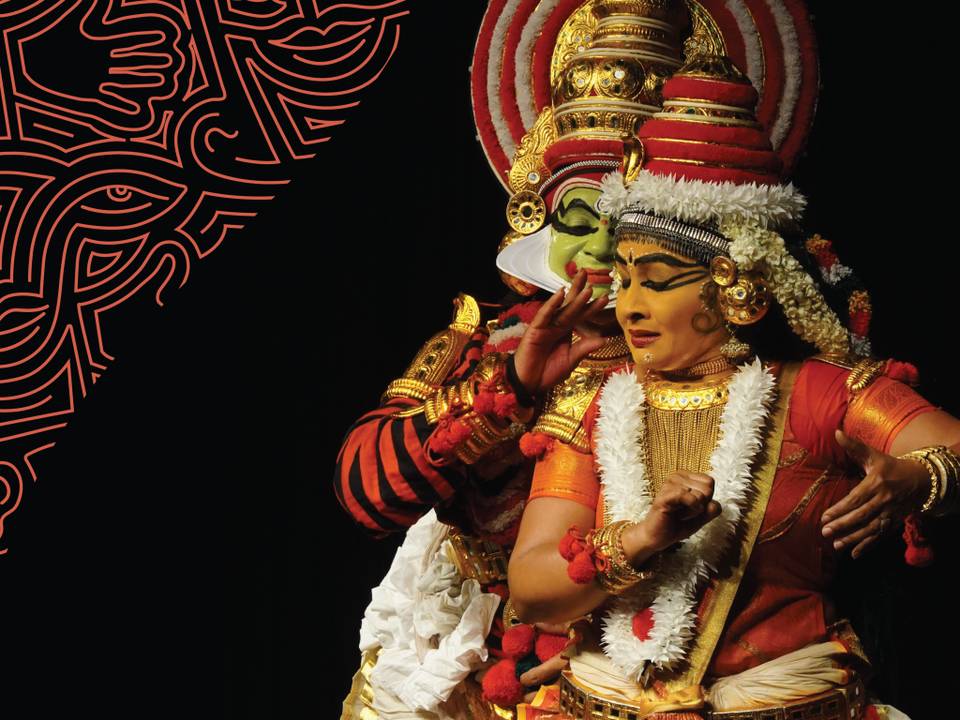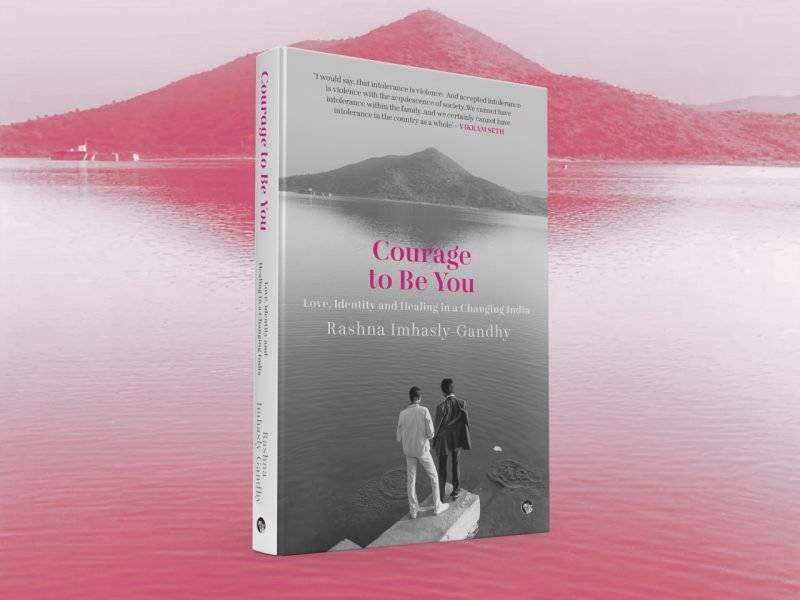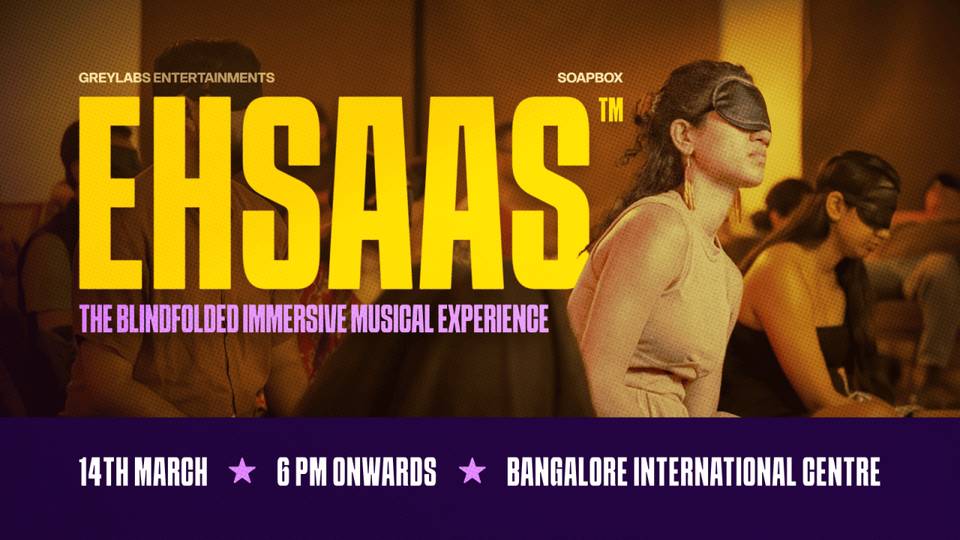Movement, Measure, and the Rains - A Khayal Performance by Amit Chaudhuri
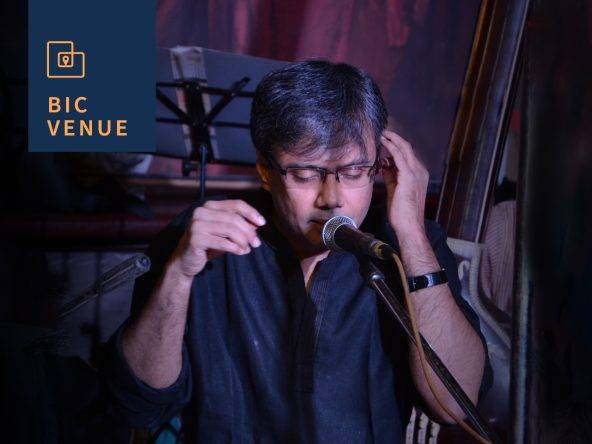
Details
Nov 07 2024 to Nov 07 2024 7 p.m.
EVENT HAS ENDED
Where
Bangalore International Centre
7 4th Main Rd, Stage 2, Domlur 560071
Event Description
In this concert, Amit Chaudhuri dwells on the style, mood and legacy of the Kunwar Shyam gharana. The compositions of the Kunwar Shyam gharana are mainly the work of the eponymous Kunwar Shyam (1850-1910) and of the extraordinary virtuoso in that lineage, Pandit Laxman Prasad Jaipurwale (1915-1977). Kunwar Shyam engendered several Malhars, testifying to an obsession with the rainy season. Laxman Prasad, one of the great khayal composers of the twentieth century, created slow khayals as well as a style in alap that constitute a form of meditative exploration; jod ragas (that is, new ragas that result from combining existing ragas); and fast bandishes and taranas whose jewelled intricacy embody movement, dance, and measure. Together, the compositions and their mood are characterised by a ‘balance of gravity and play’ (the phrase is from Amit Chaudhuri’s poem ‘Sweet Shop’).
Amit Chaudhuri was the principal student in Hindustani classical music of Laxman Prasad’s son, Pandit Govind Prasad Jaipurwale (1944-88), himself an exceptional artist. Chaudhuri will perform some of the compositions handed down to him by his teacher and his family between 1978-88. He will also perform a new jod raga he created himself – again, in the spirit of conceptual play – called ‘Rammohan’, borrowing the ‘Ram’ from raga Ramkali and the ‘Mohan’ from raga Mohankauns.
Performers
Amit Chaudhuri
Vocalist, Composer & Author
Amit Chaudhuri, one of the world’s leading writers in the English language today, and a musician and composer who is highly regarded worldwide, is a classical singer in the Hindustani tradition. His mother was Bijoya Chaudhuri, the renowned exponent of Rabindrasangeet.
Chaudhuri started as a singer-songwriter in the American folk tradition. The songs he wrote and performed (largely for All India Radio, Bombay) between the ages of sixteen and twenty have now been collected in the album Seventeen (Songs: All Radio Broadcasts and Recordings 1978-82).
He began to learn khayal and the art of classical vocal music from the late Pandit Govind Jaipurwale (1944-88) in 1978 in Bombay, becoming, when he was sixteen, Govind Prasad’s principal student in classical music. Amit Chaudhuri is one of the few living exponents of the very rare and complex style of the Kunwar Shyam gharana, known for its meend-based, nuanced alaap, and its intricate taankari and layakari. From Pandit Govind Prasad Jaipurwale, Chaudhuri learnt many of the compositions of Govind Prasad’s father Pandit Laxman Prasad Jaipurwale (1915-77) and the gharana’s figurehead Kunwar Shyam (1850-1910).
From the early 1990s, Chaudhuri began to record khayal for HMV India, the releases including acclaimed recordings of raga Jog Bahar (created by Pandit Laxman Prasad Jaipurwale), Gujri Todi, Suha Malhar, and various other ragas, and perform khayal nationally and internationally.
Later, in Calcutta, from 1992 onwards, Pandit A Kanan shared traditional compositions with him.
Amit Chaudhuri has sung in Calcutta twice at the Rajya Sangeet Academy annual conference, at the Dover Lane Music Circle and the Dover Lane Music Conference, the Ramakrishna Mission (his performance was shown regularly on Doordarshan), twice at the Sangeet Research Academy, at the Bhowanipore Sangeet Sammelan, and various other venues over the last thirty years. In Bombay, he has sung khayal at the National Centre for Performing Arts, the Nehru Centre, the Kala Ghoda festival, and other places. In Delhi, he performed khayal twice at the India International Centre and once at the India Habitat Centre, besides other locations; in London, twice at the Nehru Centre, and at the Bharatiya Vidya Bhavan. Besides these cities, he has sung khayal at the Pune Film Institute, at Columbia University in New York, at Smith College, Massachusetts, San Francisco, and at the Holywell Music Room, Oxford University.
HMV released two recordings of his classical singing, one of which was re-released by Saregama as the CD, Classics of the Kunwar Shyam Gharana. Bihaan Music recently released Amit Chaudhuri’s The Art of the Khayal. At least twenty four of his classical recordings and performances are available on streaming platforms.
In 2018, he received the West Bengal government’s Sangeet Samman for outstanding contribution to classical music.
Finding the Raga, his book on his relationship to Hindustani classical music, was published in April 2021, receiving the James Tait Black Prize, the United Kingdom’s oldest literary award.
In 2005, he also conceptualized what has gone on to become a celebrated project in experimental music, and has three recordings in this genre: This Is Not Fusion, Found Music, and Across the Universe.
Author Vikram Seth says, ‘Chaudhuri is a wonderful singer – without any qualification… considering his distinction as a writer… There is a sense of calm, a simplicity, an inwardness to his singing which deeply appeals to me.’
In a review for the Times of India, PG Burde writes: ‘The artiste is truly gifted with a fabulous voice. He also has a sense of rhythm, which he amply demonstrated… He faithfully presented all the nuances his gharana is famous for.’
Yogeesh Bhat
Tabla
Yogeesh Bhat is an Indian classical percussionist who specializes in tabla and is recognized as one of the finest abla artists of the upcoming younger generation of India, known for sensitive and thoughtful tabla accompaniment and solo performances. He was born in a music-devoted family which hails from Sagar, Shivamogga of Karnataka. His tabla lessons began at the tender age of 4 from Vidwan Bhaskar Hegde Muttige and later he pursued it from Pt. Madivalayya Sali. Presently he is mentored and undergoing advanced training from internationally renowned tabla artiste Pt. Ravindra Yavagal and Sri Kiran Yavagal of Bengaluru respectively.
Yogeesh’s keen interest in innovation led him to foray into the fields of Carnatic music and fusion music as well. He is currently undertaking training in the Carnatic thala system under Vidwan K U Jayachandra Rao, a senior and accomplished Mridangam Vidwan from Bengaluru India. He has also received training in Hindustani violin and vocals. Academically he holds a bachelor’s degree in Mechanical Engineering.
Madhuvanalli
Harmonium
